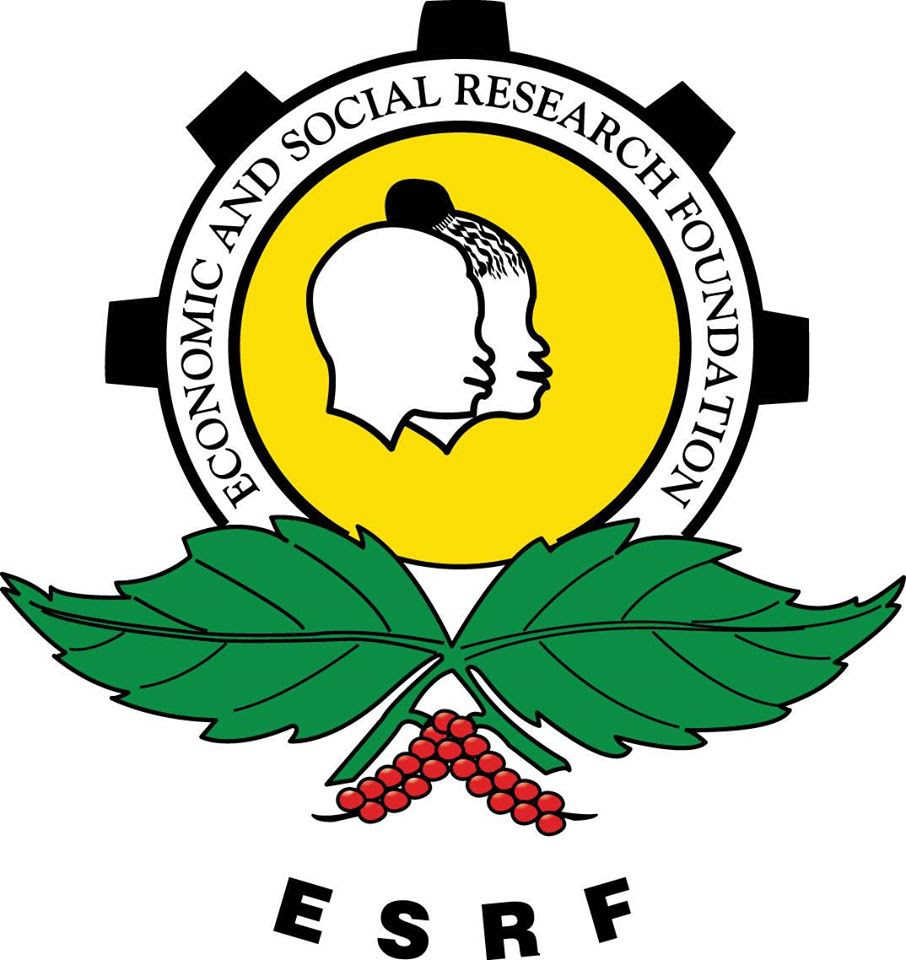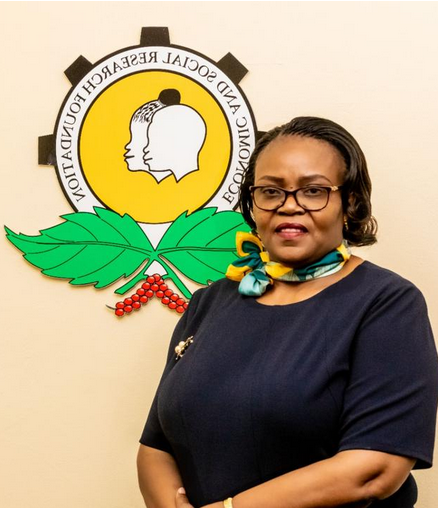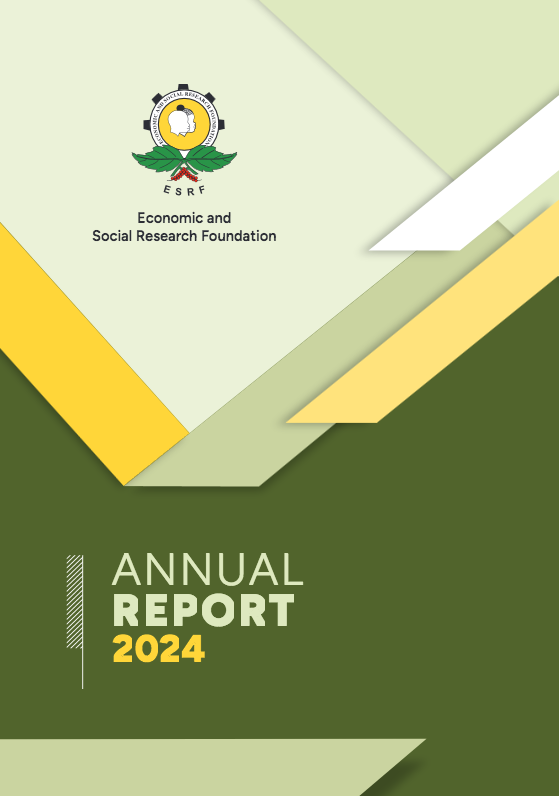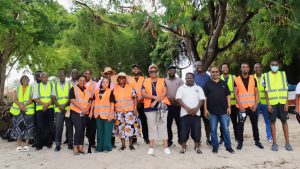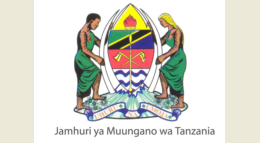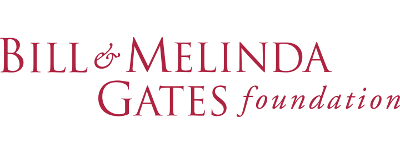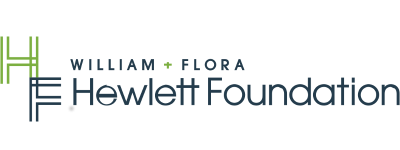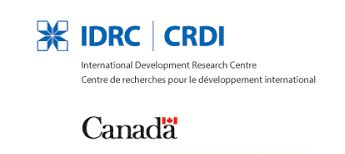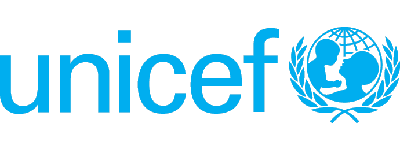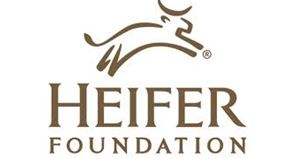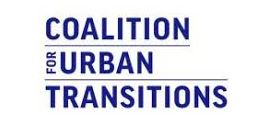ABOUT ESRF
The Economic and Social Research Foundation
The Economic and Social Research Foundation (ESRF) is an independent policy research Think Tank established in Tanzania for the purposes of undertaking research and providing evidence to support economic management process in Tanzania.
The Foundation was established in October 1992 and effectively started its operations in 1994 at the peak of economic reforms and transition from a socialist to market economy – a transition which was characterized by greater demands for scientific evidence in policy process. Similar to the case of other think tanks established around the same period in the African continent, the formation of ESRF was motivated by a prevailing concern that Africa’s policy making process (back then) wasn’t adequately informed by evidence.
Within the country, the formation of ESRF was based on the assumption that there was need and demand for an improved understanding of policy options and development management issues, and that the capacity for this was lacking in the Tanzania civil service. Read More
8th NATIONAL CONFERENCE - Celebrating Three Decades of Research Excellence in Tanzania - 21 October 2024
30 Years of Excellence in Policy Research, Capacity Development and Knowledge Management
Strategic Research
The Department carries the core function of the Foundation, by carrying out rigorous and policy-oriented research that generates new insights and options for promoting policies that facilitate inclusive growth. The main beneficiates are; the government of Tanzania, private sector. Civil societies, development partners and general public.Commissioned Research
The Department conducts demand driven research and advisory services to stakeholders. The core activities include conducting demand driven commissioned researches, writing proposals and expression of interests for bidding tenders , supervision of projects and attending various meeting for disseminating study results.Governance & Capacity Building
The Department has sought to develop abilities of different stakeholders, from policy actors to development advocates, in the country and beyond to manage their affairs successfully. By using evidence based research findings; the Department reaches stakeholders through training programs, policy dialogues, workshops …Knowledge Management & Innovations
The core function of the Department is to support the Foundation, as well as the nation and region in the areas of policy analysis, development management and research communication. The Department also facilitates dissemination and communication of knowledge accrued by the Foundation…Flagship Projects
With funding from the William and Flora Hewlett Foundation, the Impact Evaluation (IE) Lab was co-founded in September 2019 by the Economic Social Research Foundation (ESRF) and launched by Ms. Mary Maganga, the Deputy Permanent Secretary -Treasury Services with the Ministry of Finance and Planning. Read More
Similar to the situation facing many other African countries, Tanzania’s population and especially urban population is increasing at an unprecedented rate. Current projections among many African countries indicate not only a rapid rise of the population but also a fast changing population structure such that more than half of the people in these countries shall be residing in urban areas by the middle of the century. This is a significant paradigm shift because for almost all the years since independence, crafting of development policies, strategies, politics etc, have been dominated by a strong notion that the majority of the people in these countries resides in rural areas. For the case of Tanzania, projections by National Bureau of Statistics (NBS) indicate that urban population is expected to reach 45 million in 2030, making Tanzania the 6th fastest urbanizing country in the world. The estimates further indicate that Dar es Salaam is expected to become a megacity of some 10 million people before 2035 making Dar es Salaam the city with the 2nd fastest population growth rate in the world. Read More
Rapid Response Implementation Support (RARIS) to the Ministry of Agriculture (MoA) and other Agricultural Sector Lead Ministries (ASLMs) is a three years project intended to support the Ministry of Agriculture (MoA) and other Agricultural Sector Lead Ministries (ASLMs) to ensure effective and efficient delivery of the second Agricultural Sector Development Programme (ASDP II) and their other immediate mandates related to the achievement of agricultural sector. RARIS is supported by Bill and Melinda Gates Foundation (BMGF) through the United Nations Development Programme (UNDP) who is the Fund Manager. The Ministry of Agriculture (MOA) is the implementing Partner; whereas the Coordinator and Responsible Party to RARIS Project is the Economic and Social Research Foundation (ESRF) who also provides the technical support. The project provides Business Development Support (BDS) services to the MoA and Local Government Authorities’ (LGAs) capacity to be able to respond fast and meet the day to day demand for agricultural development business planning, investment and resource mobilization. Read More
Human development approach is a simple but powerful idea of putting people at the centre of any social economic efforts. The approach is based on the foundation that the human being should be the end and not only means of development. Human development approach aims at diversification of people’s choices and freedom to live a long and healthy life and participate in communities with dignity and self respect. It is therefore a means of achieving various ends such as longevity of life, low morbidity, wide and effective knowledge and so on. While the approach is firmly rooted on Sen’s capability theory of 1980s, in Tanzania the concept was long acknowledged since 1960s. A common phrase in Tanzania in the 1960s was lengo la maendeleo ni watu, meaning, human beings should be the ultimate destination of development. Read More
In response to the call made by the Prime Minister of the United Republic of Tanzania Hon. Kassim Majaliwa that every region in Tanzania should have an Investment Guide, the Department provided technical support for developing regional investment guides to 25 regions from 2017 to December 2020. Specifically the Department developed Regional investment guides for Simiyu, Kilimanjaro, Mwanza, Mara, Kigoma, Geita, Manyara, Dodoma, Pwani, Lindi, Mtwara, Ruvuma, Kagera, Tabora, Shinyanga, Singida, Arusha, Mbeya, Iringa, Njombe, Rukwa, Songwe, Katavi, Tanga, and Dar-es-salaam regions.
These investment guides provide investment information to prospective local and foreign firms, and individuals for the aim of attracting them to invest in the respective regions in order to stimulate both business and enterprise development and growth. In addition, the investment guides are intended to enhance regions’ competitiveness in areas where they have strengths as well as in emerging economic areas. The current focus is on the implementation of these guides. Read More
